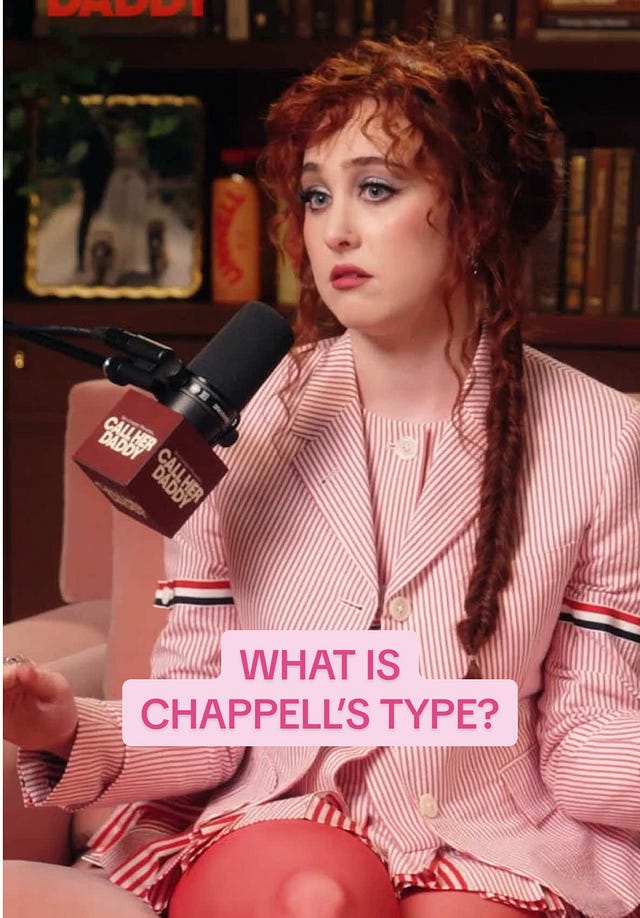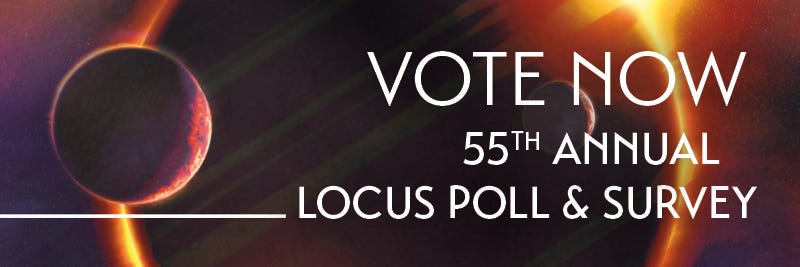Tea & Types + ebook sale, micro grants, & supporting libraries
All the teas, the type of stories you love, ebook flash sale, locus awards, story podcast, grants, writing therapy, supporting books and libraries, did I mention all the tea?
Dear readers and writers,
I took stock, recently, of my vast tea collection, at least the no/low-caffeine ones that I drink most often. It made me wonder how many teas I had recommend here over the past five and a half years.
Turns out, I have recommend over 40 teas. Embarassingly, I was under the misapprehension that I drink a wide variety of teas, that, with the exception of caffeine, I am tea agnostic. But you will be unsurprised to see, even from just a quick skim, that I in fact gravitate towards the same flavors over and over: rooibos, tulsi, ginger, elderberry, hibiscus, lemon balm, berries, stonefruits, botanicals, warm spices. But if a stranger asked me what type of tea I drink, I would probably answer “Oh, anything herbal or low caffeine.”
Yeah, sure. Chappell Roan doesn’t have a type either.
 Tiktok failed to load.
Tiktok failed to load.Enable 3rd party cookies or use another browser
I think we generalize our “type” for three reasons: 1) we don’t want to close off opportunities to buck our usual tastes; 2) we want to seem flexible, versatile, unbiased, open, regardless of if we actually are; a/o 3) we haven’t taken the time to interrogate what we like and why. But there’s something magical that happens when we get specific.
As part of the small group session I taught for the winner of my October giveaway, I had the pleasure of working with an established writing group. Since they were already familiar with one another’s work, I prompted them to describe each other’s specific writing style and voice. This exercise generated heart-felt, thoughtful, and nuanced insight — and a lot of warm fuzzy feelings. It also helped to crystallize taste, both that of the reader (what they admire) and of the writer (what and how they like to write). I encouraged these writers to make note of those descriptions of their work through others’ eyes, especially any that resonated. This is the stuff branding is made of. Plus, it’s the warm coals of encouragement that get a writer through seasons of rejection.
Specificity also makes writing pop off the page. Even if the details aren’t ones your reader has experienced, the specificity is. A character may “not like vegetables,” or they may “refuse to eat anything green except in spring, when they could buy fresh asparagus, to eat lightly steamed and drizzled with butter.” Which of those descriptions opens the mind, the senses? Which tells us more about the character?
I went through a period of reading everything I could by Margaret Atwood. When you read a writer’s full body of work, the themes they’re interested in rise to the surface. Across multiple books, stories, essays, and poems, in addition to the big themes Atwood is known for regarding women, the patriarchy, etc. there were also repeated images of ominous ravines; childhood bullies and friendships; unsettling family secrets; and settings (real and metaphysical) of wilderness that characters got lost in, fought their way out of, or decided to embrace. It gave me a deeper appreciation for her work, an insight into the creative wells she revisits again and again.
When I’m asked what I write, I usually answer “science fiction and fantasy” or “speculative fiction” even though I also write things with no magic or future-setting. If I was to take an inventory of the Writing folder of my hard drive, I know exactly the kinds of stories fragments you’d find there: grief; hauntings; mental health and neurodivergence; sibling relationships; motherhood and mothering; personhood and sentience; birds; technology; heritage; evocative settings; religion; time travel; freedom of choice; questions of gender. Some of my writings are serious, some are silly, some are angry or melancholy or tongue-in-cheek. All of them are me.
I suppose any writer’s oeuvre is like a Rorschach blot test: a way to identify the writer’s perception of and approach to story and subjects. Recognizing my preferred themes and style helps me figure out how to start new works and where I need to push myself. Can I write something that’s about choice and hauntings, that’s tongue-in-cheek, and also… horror? Can I write a story about heritage and family that doesn’t have a speculative element? How many times (and in how many different ways) is a person allowed to write about futuristic cars?
Answers: Yes. Why not? And as many times as you want.
So I say: don’t worry if you keep gravitating towards the same flavors. Your palate will keep evolving (and still love it’s favorites). Each steep is a little different. Drink from the cup that fills you.
*
What kind of stories do you like to tell or tea do you like to drink? Share your “type” in the comments!
Ebook Flash Sale
It’s a bird, it’s a plane, it’s a 300-page ebook for only $0.99! That’s right, New Year, New You is on super-sale this week. So if you didn’t get a chance to pick up this project I’ve been yelling about for a year, now. is. the. time!
Locus Awards
It’s speculative fiction award nomination season and I’d love to throw my hat in the ring. Would you please consider nominating my projects for a 2025 Locus Award? Voting is open to anyone and closes April 15th. You can use the write in option to nominate my anthology for Best Anthology (New Year, New You: A Speculative Anthology of Reinvention, Chris Campbell ed., Immortal Jellyfish Press). or “Cryptid Car Rental” for Best Short Story (by Allison Pottern, at Trollbreath Magazine).
Writing/ Marketing Resources
The yawning gap left by the ending of LeVar Burton Reads has finally been filled — Wil Wheaton has taken up the mantle with his new podcast Storytime with Wil Wheaton which will feature readings of speculative short fiction.
Wild Ramp Publishing, a Chicago-based micropress, is offering four $250 grants to cover printing costs for for zines with a disability justice focus. Deadline 4/18.
Therese Walsh shares how writers can work on overcoming self-defeating beliefs. This is exactly the kind of writing therapy I needed: “The Rational-Irrational Writer” {Writer Unboxed}
The Books, They Need Our Help! Let’s do this!
It’s National Library Week! Check out the American Library Association’s Show Up for Libraries campaign page for actions you can take in support of federal library funding, patronize your local library, and/or go hug (or thank!) a librarian!
21 States Attorney Generals {The Art Newspaper}, as well as ALA and the largest union of museum and library workers, are suing the Trump Adminstration for trying to gut the Institute of Museum and Library Services (IMLS). Add your voice! {Everylibrary}
For regular updates on book activism, subscribe to Book Riot’s Literary Activism newsletter.
Tea: All 40 Flavors!
Check out all forty tea recommendations in one place! Let me know if you’ve tried any, which you’re excited about, or what new ones I should check out next!
Pour yourself a hot cup of tea (or your preferred beverage) and call up a friend you haven’t chatted with in awhile. We all need each other right now (and something sweet in our cups).
~Allison
Bluesky | Facebook | Newsletter | Website | Anthology
Like what you read? Thanks so much for your support! Continue to show the love by hitting that heart button, subscribing, leaving a comment, and/or passing it along!
If you’re looking for more of my writing you can find it in Trollbreath Magazine and New Year, New You: A Speculative Anthology of Reinvention








